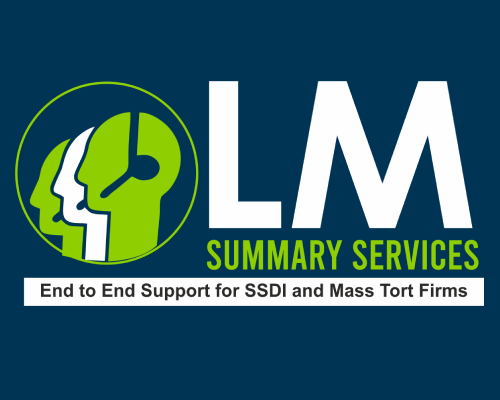Marketing services to a younger generation of disabled veterans is often difficult. Before you can do business with these veterans, you must first gain their trust. This requires understanding where they are coming from as a group and as individuals. Only then can you devise a multifaceted marketing strategy that resonates deeply with the men and women you want to help.
They seek connectivity.
Young disabled veterans often feel isolated from mainstream society. Most of their peers have no idea what it?s like to serve. They were used to living, training and working with a group of other young people interested in achieving similar goals. Once they are out of the service, this feeling of connectivity is lost, and to fill the gap, they seek out activities and programs that allow them to connect with other vets.
Your marketing message should include some type of connectivity element. Words, tone and image all play an important role in how these young people see your brand. If they like what you have to say, and how you say it, they?ll reach out and contact you.
Authenticity matters.
This younger generation of veterans is much wiser when it comes to media messaging, and it?s hard to fool them. The sleek sales messages of the past won?t work on them. They scorn any type of advertising that comes across as phony. To have any chance at all with this audience, you must be 100-percent authentic in all your dealings, and that includes all ads and promotions. If your message is free of hype, stripped down and authentic, they?ll pay attention to what you have to offer.
Be an advocate.
It?s not unusual for young disabled vets to feel betrayed by those who are supposed to be helping them feel like useful members of society. They served their country honorably and did everything that was asked of them. Yet, getting the benefits and services they need can be a real struggle, and that?s on top of the everyday struggles of coping with their disability.
They?re not just looking for some run-of-the-mill firm, or organization, promising help. They want someone who is going to go to bat for them through thick or thin. They want an advocate who they can turn to when the chips are down. Demonstrate how strong your advocacy is for disabled veterans and win their business.





 Home
Home